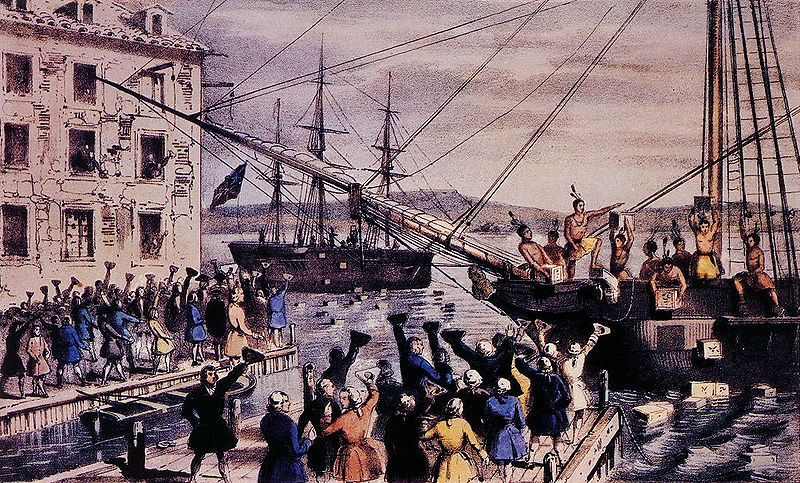With the Federal Communications Commission (FCC) set to make a decision on proposed net neutrality rules later this year, the fight between supporters of the controversial policy and its opponents continues to heat up.

Yesterday, a group of minority and women’s organizations reportedly called on the FCC to give serious consideration to the impact that net neutrality could have on what has been termed the “digital divide”–the widening of which, opponents argue, constitutes a potential unintended consequence of the policy, and one which has become a primary focal point of net neutrality critics’ concern. In a letter and a proposal to the FCC, the groups–which include minority organizations that have previously spoken out regarding the net neutrality issue such as the Asian American Justice Center–have asked for a field hearing and workshop addressing the topic.
In addition, the groups are asking the FCC to look at whether neutrality rules should apply to search engines, as well as content and application providers. As proposed, net neutrality rules would apply only to internet service providers (ISPs), though both outright opponents of net neutrality, and supporters of “open internet” policies who consider that the rules do not go far enough have raised questions as to where the proposed rules, as drafted, draw the line. Recently, Google, a major proponent of net neutrality, attracted criticism from such quarters for alleged “rent-seeking” and “hypocrisy” regarding its opposition to so-called “search neutrality,” resulting in heightened scrutiny of the net neutrality concept, as currently defined.
Furthermore, the minority and women’s groups behind the new letter have suggested potential witnesses from whom they believe the FCC should hear, including Rainbow/PUSH founder Rev. Jesse Jackson, former FCC Chairman Michael Powell, and various representatives of the cable and telecommunications industries. The groups consider that without hearing from such witnesses, the FCC may fail to appropriately understand the effect that each of six proposed net neutrality rules could have on minority investment, deployment, adoption, and participation in the broadband economy, as well as jobs.
Such concerns reflect those previously voiced by groups and individuals including the Communications Workers of America labor union, National Council of La Raza, the League of United Latin American Citizens, the National Urban League, and several high-profile African-American groups. Proponents of net neutrality have previously dismissed the voicing of such concerns, arguing that groups raising questions about the impact net neutrality would have on the digital divide constitute “Astroturf.”
COMMENTS
Please let us know if you're having issues with commenting.